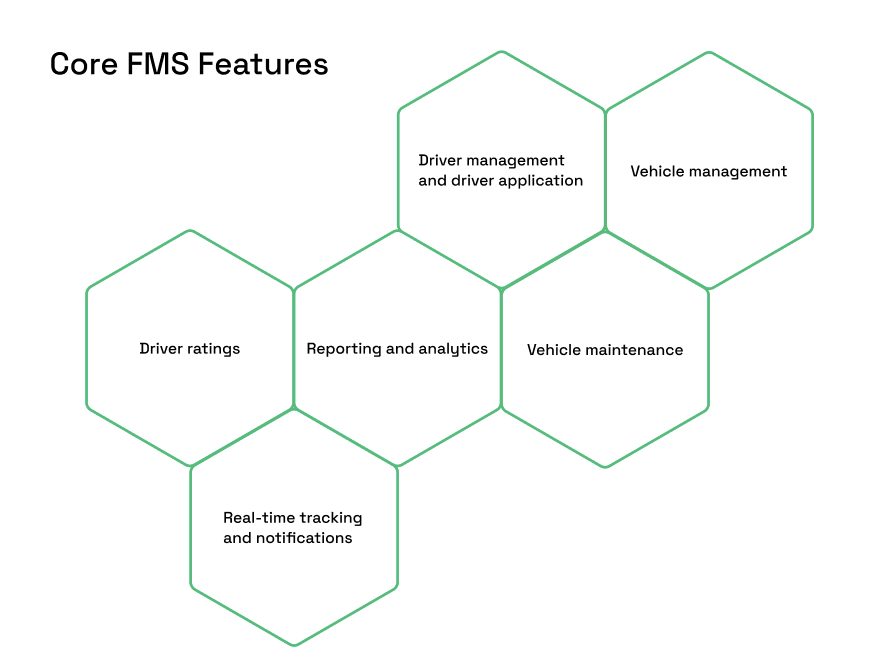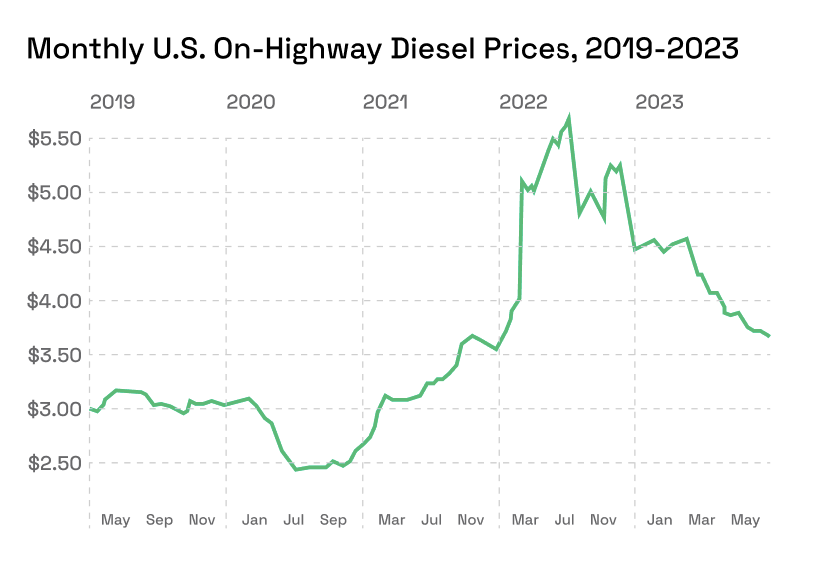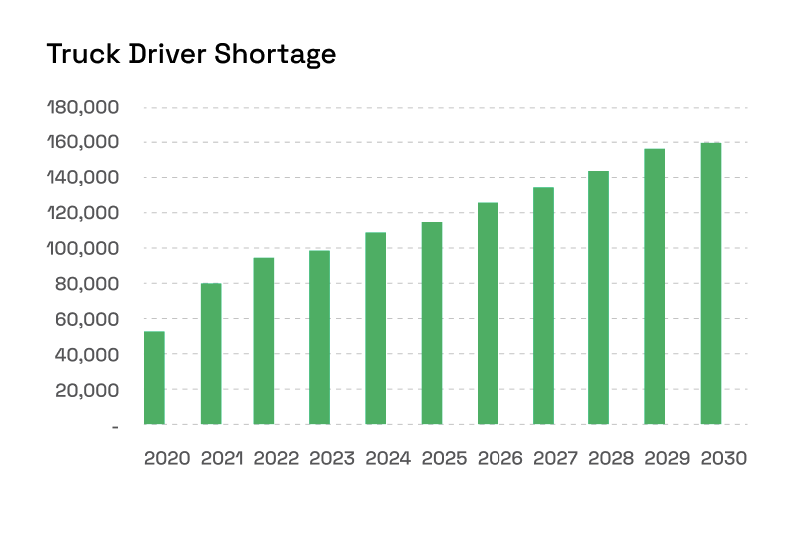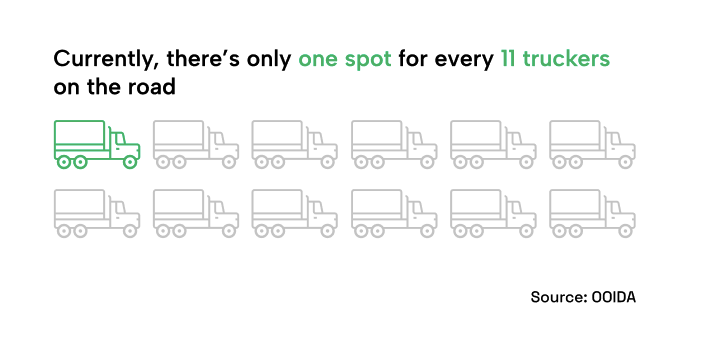The logistics and transportation industries have become the lifeblood of economies, facilitating international trade, supporting supply chains, and ensuring the timely delivery of products to customers’ doorsteps. Amidst this dynamic areas, the need for efficient fleet management is a must for businesses seeking competitiveness, efficiency, and a high level of optimization. In this blog post, we want to explore the ins and outs of fleet management software, its advantages, as well as impact on the businesses in the modern world market. Also, we will review the real case of FMS implemented by IT-Dimension team.
Definition
Fleet management software is a specialized and all-encompassing solution designed to help businesses efficiently manage their fleet of vehicles, assets, and personnel. It uses cutting-edge technology to provide real-time monitoring, reporting, and analysis of fleet operations, including GPS, telematics, and data analytics.
Now, let’s take a look at what challenges the fleet industry is currently experiencing, and then analyze how the implementation of the FMS can help address these issues.
Fleets faced a number of difficulties last year, throughout 2022. Topping the list was adramatic increase in fuel costs. Fleet fuel spending was impacted by record-high prices. So the largest fleet expense became even larger, creating certain risks for businesses. Costs for other fleet necessities, such as replacement vehicles, fluids, and parts, were also affected.
(according to the American Transportation Research Institute analysis – 2023)
The second place among the most сhallenging points of the industry is the driver shortage and lack of quality workers. After spending five years as the number one concern, the Driver Shortage dropped one position in 2022 to rank second overall. According to the American Trucking Associations, the industry’s shortage for 2022 of over 80,000 truck drivers could grow to over 160,000 by 2030.
(American Trucking Association’s estimate on driver shortage for the next years)
The third place in the list of top issues in transportation industry takes the lack of parking. Although this problem seems completely non-obvious to the public, the lack of parking spaces has been on the top 5 list of transportation industry problems since 2015.
The list of top challenges of transportation industry could go on, including issues like driver compensation, detention / meeting customer demand, and so on, but let’s focus on the main top 3 points, and analyze how FMS implementation can help solve them, as well as improve many other processes.
1 – Fuel costs
Fleet management software can be instrumental in overcoming the issues with fuel costs by providing valuable tools that help optimize fuel consumption and reduce fuel expenses:
- Route optimization: the fleet management system can analyze various factors, such as traffic conditions, road conditions, and distance to optimize the routes. This can greatly impact the fuel consumption and can reduce unnecessary milage;
- Real-time tracking and GPS: fleet managers are able to monitor the location of a vehicle in real-time, which enables them to identify “areas to improve”, such as excessive idling, unauthorized stops, or inefficient driving patterns.
- Driver behaviour monitoring: Most modern FMSs receive metrics directly from the truck. So managers can prevent poor driving habits, including aggressive driving, speeding, hard braking, and more. Promoting eco-friendly driving, fuel efficiency can be improved.
- Maintenance optimization: Regular maintenance of vehicles is crucial for optimal fuel efficiency. Fleet management software can provide options for tracking the state of the vehicle and spot the problems in time, ensuring that trucks operate at their best performance, which can positively impact the fuel consumption.
- Fuel consumption reports: FMSs generate detailed reports on fuel consumption patterns for vehicles. These reports help identify trends and areas where fuel efficiency can be improved.
2 – Driver shortage
FMS can play a crucial role in overcoming the truck driver shortage by addressing various challenges in their daily work and improving the overall driver experience:
- Efficient route planning and optimization: As we mentioned above, FMS can significantly improve the process of building a route, thereby saving travel time and increasing the number of on-time deliveries. Thus, by eliminating unnecessary waste of time on incorrectly planned route and waitings, drivers can complete tasks work more efficiently and quickly, leading to increased job satisfaction.
- Improved work-life balance: With a number of features that allow tracking the schedule of the driver, fleet management systems can help identify problem areas or overloading, which can serve as instruments for further improvement of work-life balance and job retention.
- Real-Time communication: FMS enables real-time communication between drivers and dispatchers. By providing updates, route changes, and immediate assistance, drivers feel more supported and engaged, making the job easier and getting more pleasure from work.
- Streamlined Administrative Processes: Automation features and digital reporting in fleet management software can reduce administrative burdens on drivers. Thus, the employee is more focused on driving and delivering goods than on paperwork.
- Training and Development: It will be much easier for a new generation of drivers to enter the profession using digital technology. Driver mobile app with a range of metrics, trackings, reporting features, etc. can serve as an excellent companion and learning center.
3 – Lack of parking
Fleet management software can contribute to overcoming the lack of parking spaces for commercial vehicles by providing valuable tools and features that enable better planning, coordination, and utilization of available parking resources:
- Real-time parking availability: Some fleet management software solutions integrate with real-time parking databases. This allows to plan the route more efficiently and waste less time searching for parking lots.
- Parking reservations: Fleet management can allow reserve parking spaces in advance, which could be especially useful in high-demand ares or during peak hours.
- Geofencing and Notifications: FMS software can trigger notifications when a vehicle approaches a destination without available parking. The fleet managers can then guide drivers to alternative parkings.
- Integrated navigation: FMS can guide drivers to designated parking areas or suggest nearby parking options. Also, managers can leave marks on the map in advance for the driver with possible parking places.
As an example of fleet management software, let’s consider the Fleet Beat solution designed and developed by IT-Dimension team. We will quickly go through the main features of this software in order to more clearly acquaint you with the options the FMS can provide for businesses.
Fleet Beat is a modern fleet tracking and management platform. Thе system consists of a web application for the manager, and a mobile application for the driver, which allows real-time communication and tracking.
An important component of the application is developed by us OVMS-based hardware module which is installed directly in the car (via OBD2) and allows collecting tracking data: location, truck tech metrics, hours of operation, and more.
All this together gives a number of super useful features for fleet managers and drivers,literally providing new opportunities to increase efficiency and automate their daily work.
🧩 Driver, Truck, and Trailer details 🧩 Dashboard with metrics and important data on trucks and drivers 🧩 Map: with search, events, filters, and real-time tracking 🧩 Useful notifications and docs management in Driver Mobile app 🧩 Management of working modes and statistics
In the end, this is what a company that implements Fleet Beat into their workflow gets:
- Enhanced operational efficiency;
- Improved reporting and billing accuracy;
- Optimized and automated documents accounting flow;
- Data-driven decision making;
- Real-time tracking and communication;
- Reduced time and costs.
And of course, the demonstrated Fleet Beat functionality will help overcome the problems we discussed in the second part of the blog post. See the full Fleet Beat case study here.
In conclusion, fleet management has evolved from being a traditional logistics practice to a cutting-edge, technology-driven discipline that shapes the success of businesses worldwide.
It is worth noting that an investment in FMS solution pays off over time, and the first “fruits” of such an implementation are already noticeable after a couple of months of use. But an important aspect is the process of planning and developing of FMS: selecting a technical stack, determining the necessary functions, design, and much more.
So if you are thinking about implementing your solution, which will be a step forward for the transportation industry in general or specifically for your company, the IT-Dimension team is always ready to help sort out this complex matter and offer effective solutions based on our extensive experience in this field.
![Fleet Management Software: Solving Global Transportation Issues and Streamlining Business Success [Short]](https://it-dimension.com/wordpress/wp-content/uploads/2024/03/Short-Fleet-Management-Software_1200-σ-400-scaled.jpg)















